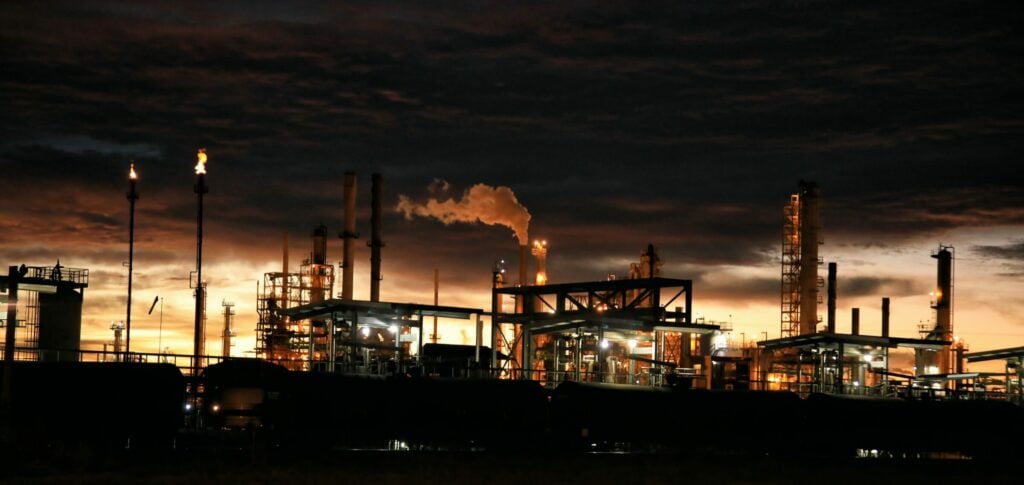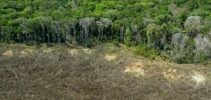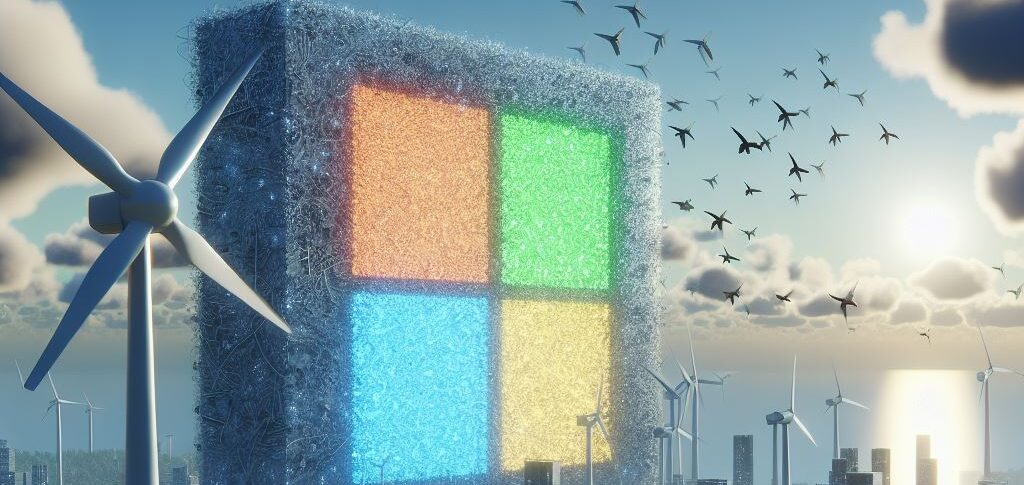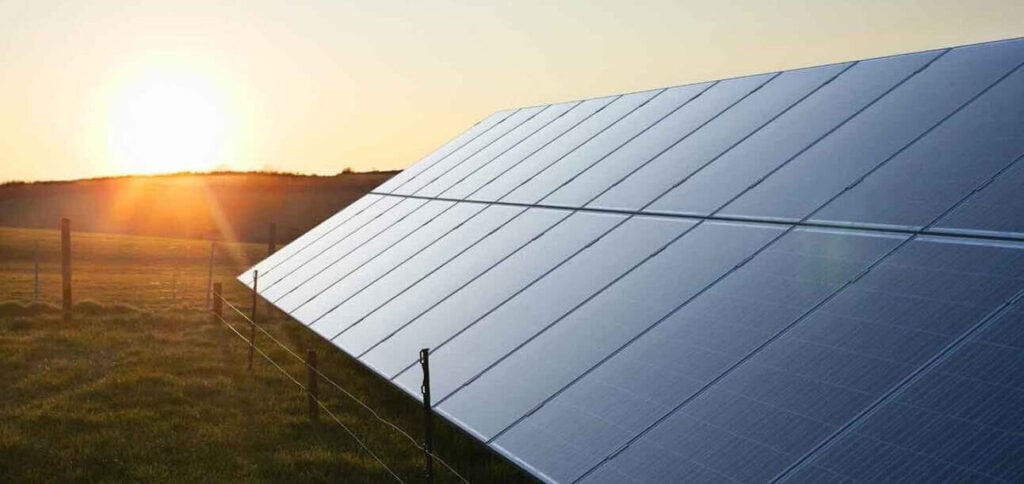💰 “Carbon Tax”
The member states of the European Union (EU) and the European Parliament announced this Tuesday (13) an unprecedented mechanism to obtain 'green' industrial imports in Europe, with a tax on carbon emissions linked to their production.
ADVERTISING
Called “carbon tax at borders“, although not exactly a tax, the unprecedented mechanism on this scale will consist of applying the same environmental criteria as the EU, where industries buy their “rights to pollute”.
The system will affect imports of sectors considered most polluting, such as steel, aluminum, cement, fertilizers, electricity or hydrogen, the European Council and the bloc's Parliament indicated in statements.
With the increase in the price of a ton of CO2, the idea is to avoid “ecological dumping” that leads industries to transfer production outside Europe and encourage the rest of the world to adopt European standards.
ADVERTISING
In practice, the importer must declare emissions directly linked to the production process and, if these exceed the European limit, purchase an “emission certificate” with CO2 prices in the EU. If there is a carbon market in the exporting country, the company will need to pay the difference.
The system will be applied progressively from October 2023, when importing companies will only have to start declaring product emissions.
🥗 'Urban Farms'
Many Brazilian startups have been racking their brains to bring food production closer to urban centers and, thus, simplify the value chain, reduce waste and mitigate the environmental impacts of production and transport.
ADVERTISING
With that in mind, the BeGreen advocates a horizontal model for growing vegetables – whether in shopping mall parking lots, warehouses or company terraces.
In traditional cultivation, vegetables leave the field and are taken to supply centers, where they are collected by distributors who take the products to the market to reach the final consumer.
It is estimated that, in one square meter, it is possible to produce 28 times more, with 90% less water than on a conventional farm. In the traditional model, 70% of products are wasted and 25% of the cost is linked to transportation. With BeGreen, these percentages drop to 2% and 5%, respectively.
ADVERTISING
The startup has urban farms in shopping centers in São Paulo, Salvador, Goiânia, Rio de Janeiro, Belo Horizonte and Campinas (SP). There, herbs and vegetables are sold to restaurants and supermarkets. Cool, right?
@curtonews Have you ever heard of urban farms? This concept involves food production closer to urban centers. #curtonews ♬ original sound – Curto News
🌳 Deforestation in the Amazon explodes in November
Data DETER-B system, from the Space Research Institute (Inpe), showed that the area under deforestation alerts in Amazon in November it reached 554,66 km2, an increase of 123% compared to the same month last year (249,49 km2).
This is the 2nd worst November in the historical series, behind only November 2020, when alerts totaled 562,8 km2. This means that the rate of deforestation remains well above average for the 4th month in a row.
ADVERTISING
🌎 'Anthropocene', 2022
Did you know that some experts argue that planet Earth is currently going through the 6th mass extinction? And, unlike previous episodes, the causes are not fortuitous environmental changes or the arrival of asteroids? This time, humanity is to blame.
A report from BBC Brasil explains that, in around 4,5 billion years of existence, the planet has gone through at least 5 major mass extinctions — and it is very likely that we are in the 6th phenomenon of this type precisely in the period in which we live. Check it out!
👨⚖️ Mariana’s tragedy in the English court
Representatives of the Krenak indigenous community will face, this Tuesday (13), for the first time in a British court the Anglo-Australian mining group BHP, in a collective action over the worst environmental catastrophe in Brazil's history.
The indigenous people traveled to the United Kingdom to attend the 2 days of preliminary hearings at the High Court in London. They hope a date can be set for the trial to begin in 2023.
On November 5, 2015, the Fundão dam, close to the cities of Mariana and Bento Rodrigues, in the state of Minas Gerais, broke and released almost 40 million cubic meters of highly polluting mineral waste. The mud traveled 650 km down the Rio Doce and reached the Atlantic Ocean, destroying several cities, killing 19 people and devastating the flora and fauna in the lands of the Krenak, who to this day are unable to fish or use their waters for ritual ceremonies.
The plaintiffs – almost 200 people and entities in Brazil, which include companies, religious associations and municipalities – demand compensation from BHP as the 50% owner, together with the Brazilian group Vale, from the company Samarco, owner of the dam.
(To AFP)
Read also
Curto Verde is a daily summary of what you need to know about the environment, sustainability and other topics linked to our survival and that of the planet.
(🚥): may require registration and/or signature
(🇬🇧): content in English
(*): content in other languages is translated by Google Tradutor





